Paper cups have become an essential product in today's fast-paced world, serving a variety of beverages from coffee to soft drinks. Their convenience and eco-friendliness make them a popular choice among consumers and businesses alike. This article delves into the production techniques and key points associated with paper cups of different specifications, exploring the manufacturing processes, materials used, and design considerations that ensure quality and functionality.
Materials Used in Paper Cup Production
The primary material for paper cup production is paperboard, which is typically made from virgin wood pulp or recycled fibers. The choice of material significantly impacts the cup's strength, insulation properties, and overall quality. Virgin paperboard generally offers better durability and resistance to moisture, while recycled paper may be more environmentally friendly but can compromise strength. Additionally, waterproof coatings, often made from polyethylene, are applied to prevent leakage and maintain the integrity of the beverage inside.
Manufacturing Process Overview
The production of paper cups involves several key steps. First, large rolls of paperboard are fed into a machine that cuts and forms the paper into cup shapes. This process includes the application of the waterproof coating, which is crucial for functionality. After forming, the cups are pressed and sealed to ensure they are airtight. Finally, the cups undergo quality checks before being packaged for distribution. Each step in this process is essential to maintain the quality and performance of the final product.
Different Specifications of Paper Cups
Paper cups come in various specifications, catering to different types of beverages and consumer preferences. Common sizes include 4 oz, 8 oz, 12 oz, and 16 oz cups, each designed for specific uses. Smaller cups are ideal for espresso shots or samples, while larger ones are perfect for regular coffee servings or soft drinks. Additionally, there are variations in cup design, such as double-walled cups, which provide extra insulation for hot beverages, enhancing the user experience while minimizing the risk of burns.
Quality Control Measures
Quality control is critical throughout the production of paper cups to ensure they meet industry standards and consumer expectations. Manufacturers conduct rigorous testing at various stages, including assessing the strength of the paper, checking for leaks, and evaluating the effectiveness of the waterproof coating. Regular audits and compliance with safety regulations further enhance the quality assurance process, ensuring that the end product is safe for use and capable of performing its intended function.
Environmental Considerations
As concerns over plastic waste and environmental sustainability grow, the paper cup industry has made strides to address these issues. Many manufacturers are now using biodegradable coatings and sustainably sourced materials to minimize their ecological footprint. Additionally, innovations in recycling technologies have improved the recyclability of paper cups, encouraging consumers to participate in responsible disposal practices. Understanding the lifecycle of paper cups is essential for promoting sustainable consumption and reducing waste.
Design and Customization Opportunities
Design plays a significant role in the appeal of paper cups. Businesses often seek custom designs that reflect their brand identity, making cups not only functional but also a marketing tool. Printing techniques such as flexography and digital printing allow for vibrant colors and intricate graphics, enhancing brand visibility. Furthermore, the ability to customize cup sizes and shapes enables businesses to cater to specific market niches, providing an opportunity for differentiation in a competitive landscape.
Challenges in Paper Cup Production
Despite advancements in technology and materials, the production of paper cups is not without its challenges. Fluctuations in raw material prices can impact production costs, while maintaining consistent quality across large volumes can be difficult. Additionally, meeting the increasing demand for eco-friendly products poses a challenge, as manufacturers must balance cost efficiency with sustainable practices. Addressing these challenges requires innovation and adaptability within the industry.
Future Trends in Paper Cup Production
The future of paper cup production looks promising, with ongoing research into new materials and production methods. Innovations such as plant-based coatings and improved recycling processes are on the rise, aiming to enhance sustainability further. Moreover, the trend towards personalization and customization will likely continue, driven by consumer preferences for unique and branded experiences. As the market evolves, manufacturers must stay ahead of trends to remain competitive and responsive to consumer needs.
Conclusion
In conclusion, the production of paper cups encompasses a variety of techniques and considerations that ensure quality, functionality, and sustainability. From materials and manufacturing processes to environmental impacts and future trends, understanding the intricacies of paper cup production is vital for businesses and consumers alike. As the industry continues to innovate and adapt to changing demands, paper cups are set to remain a vital part of our beverage consumption landscape, balancing convenience with ecological responsibility.




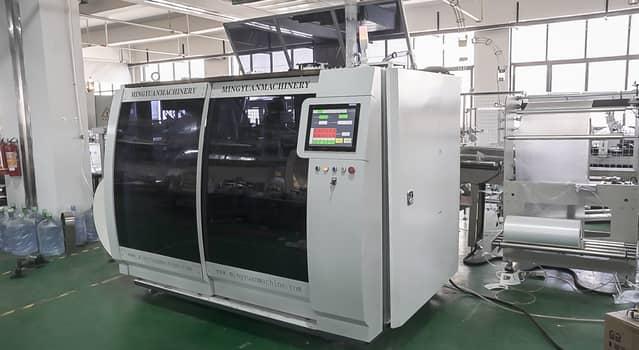
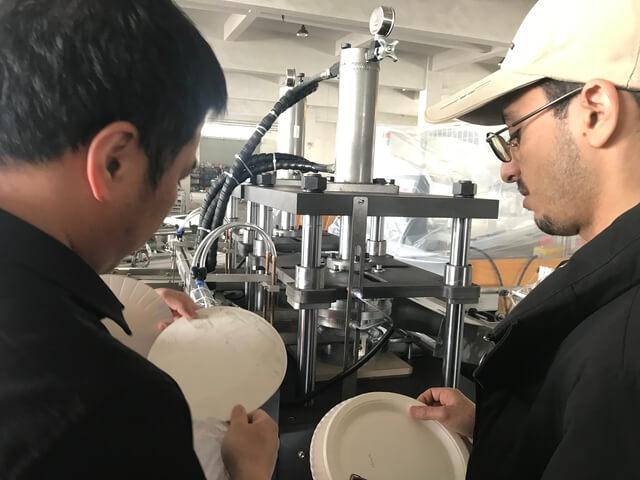
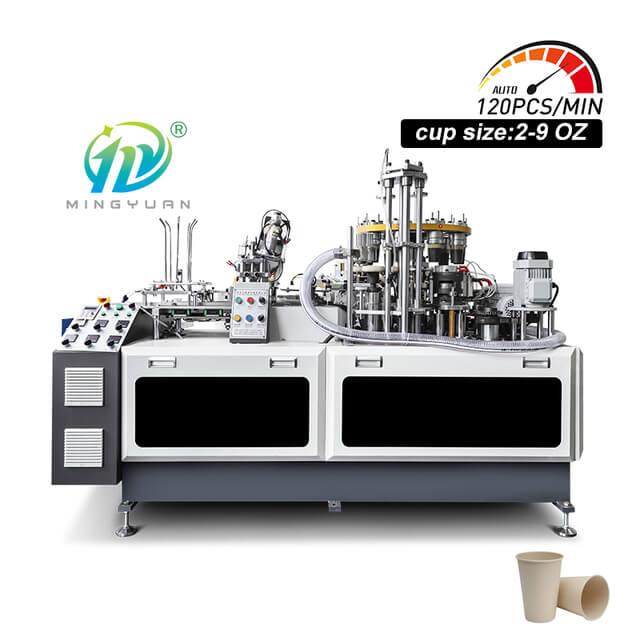
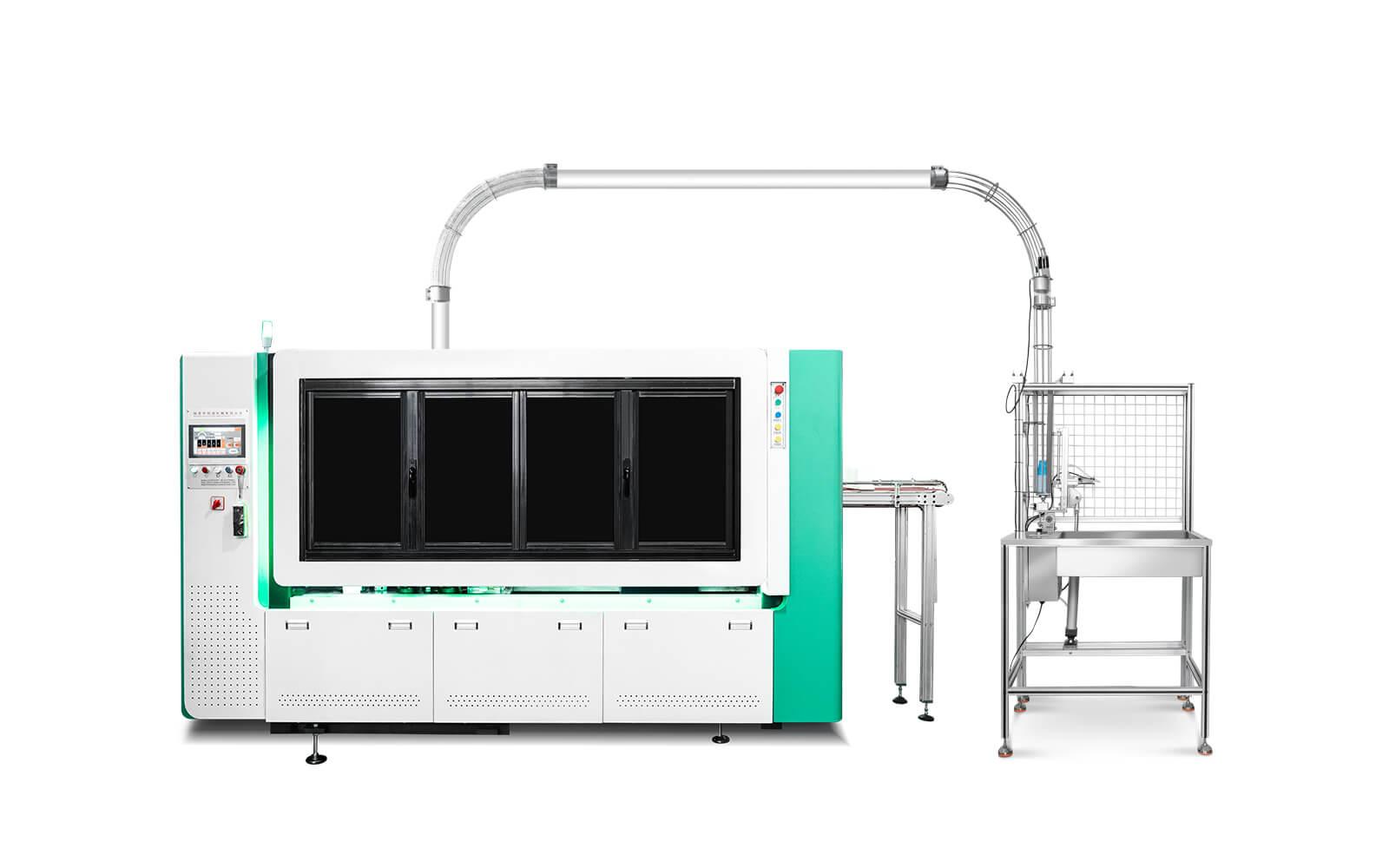
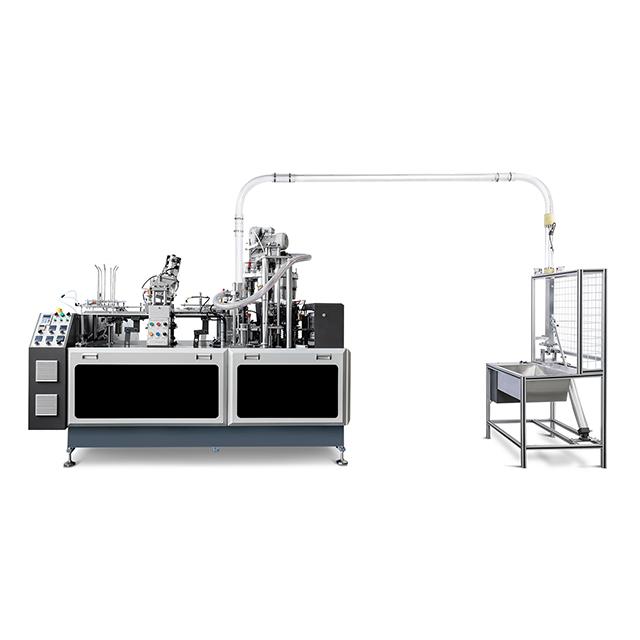
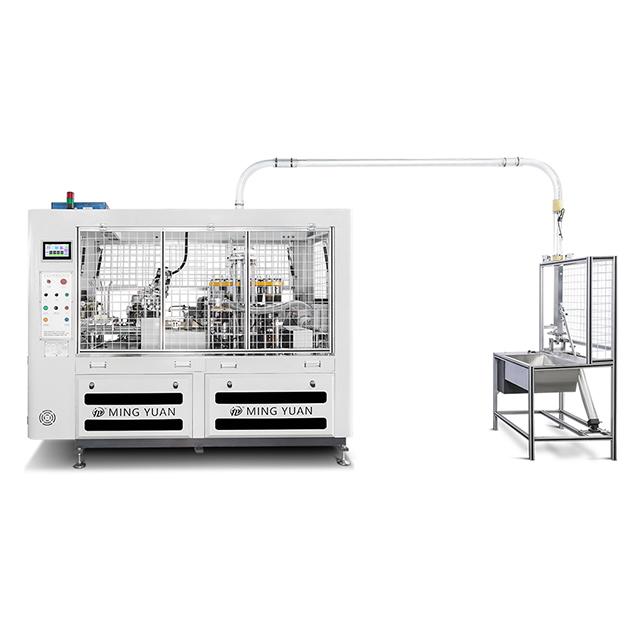
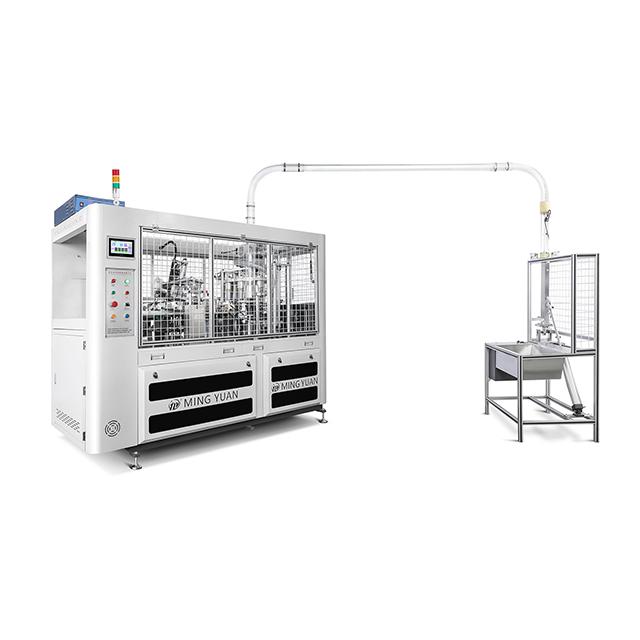
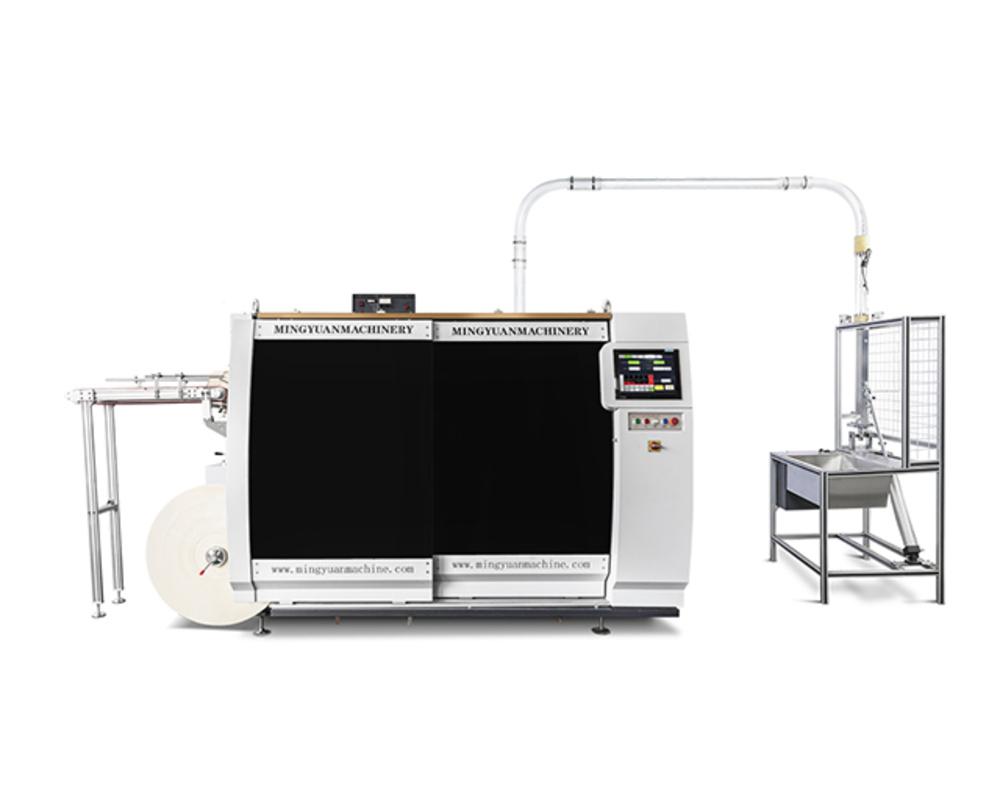
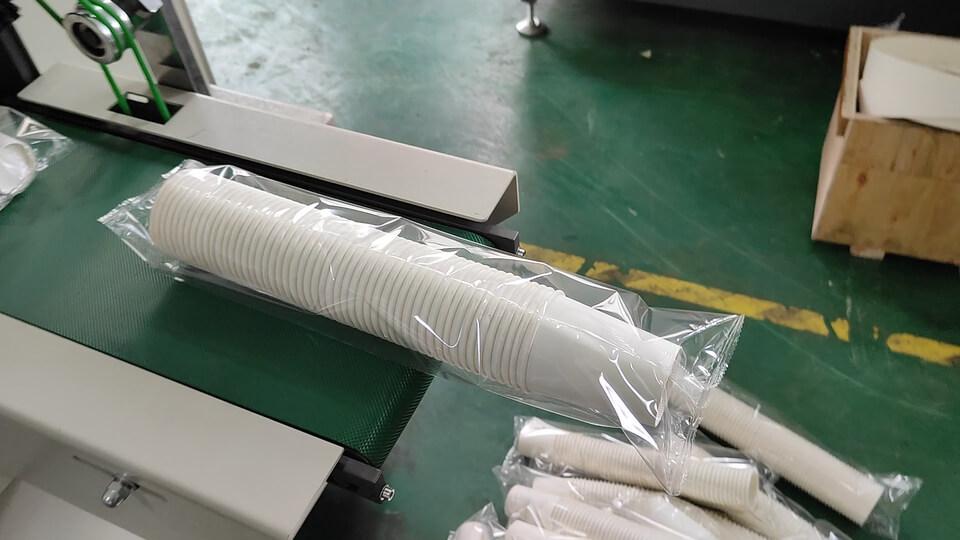
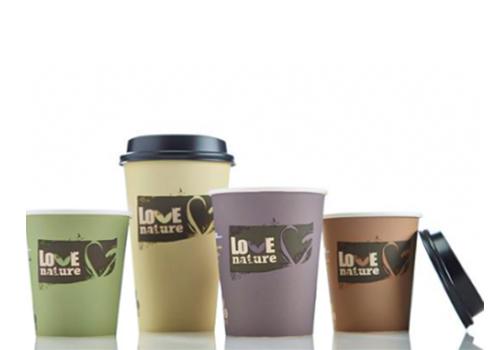
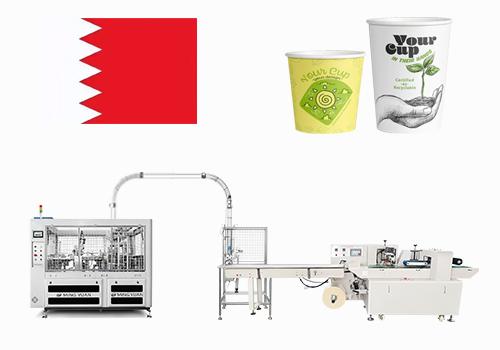

 Tel: +86-19057361870 / +86 577 65567060
Tel: +86-19057361870 / +86 577 65567060  Email: paperproductwholesaler@gmail.com
Email: paperproductwholesaler@gmail.com MP/WhatsApp: +86-19057361870
MP/WhatsApp: +86-19057361870 Manufacturer Address:No.1588, Huaming Road, Feiyun Street,Ruian City Zhejiang Province -325200 China
Manufacturer Address:No.1588, Huaming Road, Feiyun Street,Ruian City Zhejiang Province -325200 China




